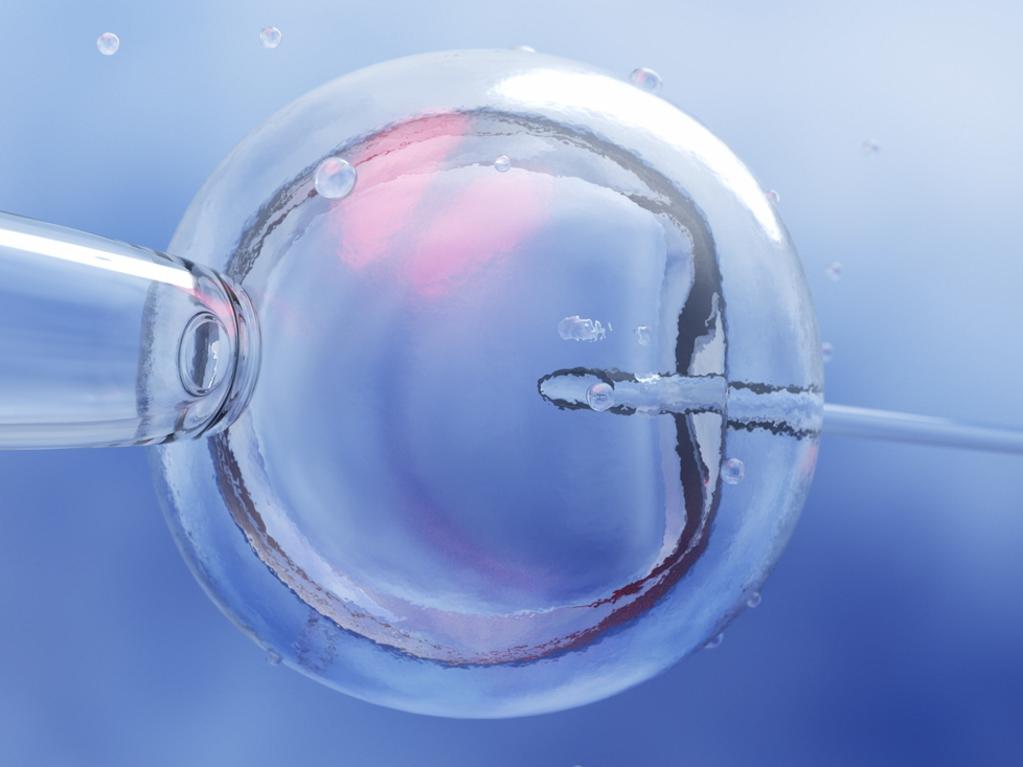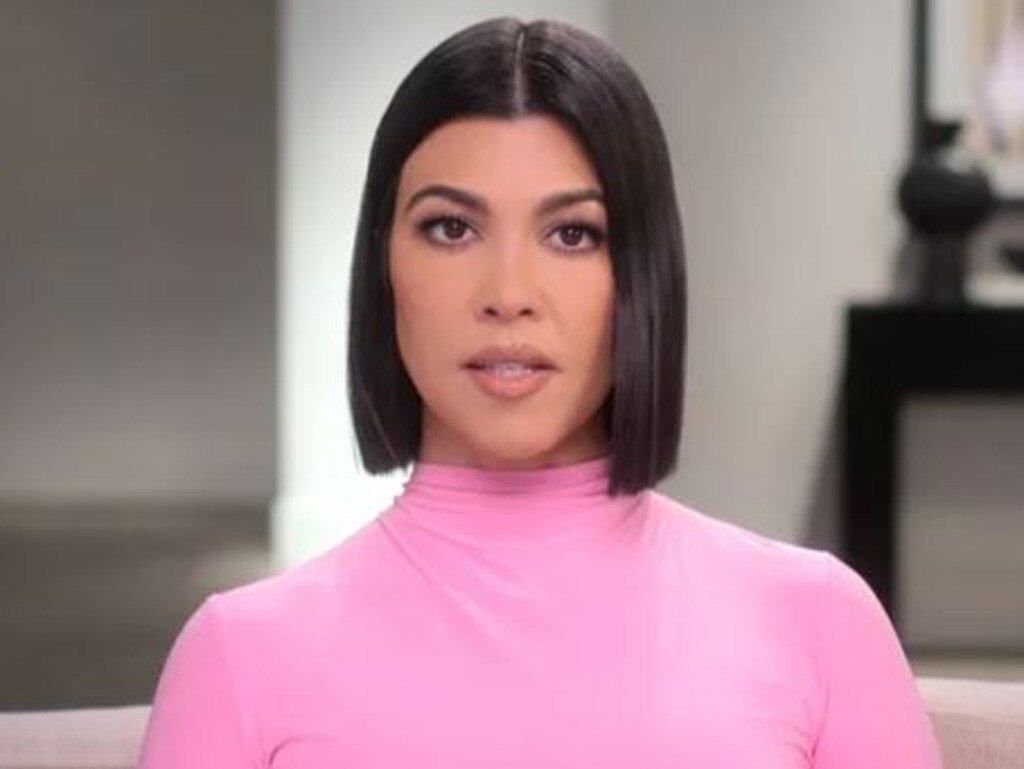Abbie Chatfield reveals she’s ‘seriously considering’ freezing her eggs
Abbie Chatfield has revealed a huge decision she’s “seriously considering” making about her future as she approaches turning 30.
Abbie Chatfield has revealed a huge decision she’s made about her future.
In a conversation with presenter and author Linda Marigliano on her podcast It’s A Lot with Abbie Chatfield, the beloved radio personality and TV host shared she’s “seriously considering” freezing her eggs amid concerns over her fertility as she approaches turning 30.
“I was away on a trip with my girlfriends over summer. We are all almost 30, none of us are engaged – none of us are even close to having kids,” Chatfield began.
While she said the group were “very adamant” in their early to mid-twenties about not wanting children, “we kind of are now thinking maybe we do want kids”.
“Then I said, ‘Well maybe I should just start freezing my eggs’. Because I’m 28 next week.”
Considering the process had also brought deeper fears to the surface for Chatfield, about the abortion she had five years ago maybe being her only chance at having a baby – something Marigliano assured her was not the case.
“One of the things that I was really – and still am – fearful of, is that, ‘Was that my only chance to have a kid, and have I done something in the meantime to somehow f**k everything up?’” Chatfield said.


She added the societal pressures and rhetoric around women’s so-called “biological clock” also forced many to settle down before they were ready, or stay in a potentially abusive situation.
“I’m from Brisbane. So, Brisbane is big country town vibes, where everyone … is, like, married by 26, having babies at 28, and that is their life plan,” Chatfield said.

“And I believe, from my perspective, some people I know have gotten married purely because their ‘clock is ticking’ – which is such a f**king frustrating term, and I think it causes a lot of women to settle down when they wouldn’t previously … I think it can create dangerous situations. Because they [might be] staying with someone who is financially, emotionally or verbally abusive.”

More attention has been drawn to the procedure in recent years, as an increasing number of women open up about their experience harvesting and storing their eggs.
The cost of a single in vitro fertilisation (IVF) cycle can cost as much as $15,000, while egg freezing in Australia generally costs about $5000 for the first cycle.
Medical director at IVF Australia, Dr Peter Illingworth, told A Current Affair during an April segment that the sooner women look into the process, the better the outcome.
“When a woman freezes her eggs, you can’t tell at the time of freezing how well those eggs will grow once they come out of the freezer,” Dr Illingworth said.
“As we go into the future and technology continues to improve, prospects of success for men and women having children will slowly improve.
“However, the challenge for women in their 40s wanting to have a family is one that will remain with us for a very long time indeed.”

In a recent episode of The Kardashians, Kourtney Kardashian Barker – who has openly discussed her struggles to conceive a child with husband Travis Barker – admitted that egg freezing is not the be all, end all solution some women might be led to believe.
“When I was 38 or 39, everyone was pushing me to [freeze my eggs]. Most of mine didn’t survive the thaw because eggs are one cell, and none of them made it into an embryo,” Kardashian Barker, who has three children from her previous relationship, said in the show’s season three premiere that “freezing eggs in’t guaranteed”.
“I think that that’s, like, a misunderstanding,” she said.
“People do it thinking that it’s a safety net, and it’s not.”
Gynaecologist and fertility specialist Dr Raelia Law told Mamamia that “the most important thing” when counselling a woman about freezing her eggs is to do so “holistically”.
“And to give them a really good impression so they can understand where they’re at today, what their options are today to start a family and also what their options are tomorrow and in the years to come,” she explained.
“It also helps people make an informed decision – and that’s equally important for people who choose to proceed with egg freezing and for those who choose not to – for their psychological wellbeing to ensure that regardless of their decision, they don’t have decisional regret through lack of informed choice.”






